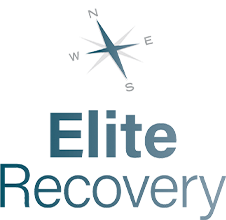When it comes to substance abuse, one thing is sure:
Families get caught in the chaotic whirlwind created by a loved one’s addiction. And they struggle to comprehend the insanity that accompanies active addiction.
We often refer to addiction as a rollercoaster: constantly changing, pivoting, and fluctuating between highs and lows. Families latch on, grab seats, and go for very exhausting rides around and around and around. The chaos escalates, and the addiction continues to manifest not only with the individual, but now with family members.
Given this, how equipped and prepared are family members to facilitate treatment for their loved one? Are they really in a clear headed, constructive position to speak logically about recovery and the steps needed to enter treatment and do so while staying calm and speaking to their loved one in a nonjudgmental tone?
No, they are not. They get terribly lost in the process, often leading to worse substance use, strained relationships and debilitating stress.
So, why do families attempt their own interventions? While they have good intentions, families lack the knowledge, skill and objectivity required to face addiction. That, and they’re not always aware that a person like me—a professionally trained and licensed addiction specialist—can help them plan, prepare and execute an effective intervention.
As a professional interventionist who’s facilitated hundreds of interventions over the past decade, I can say that I am always learning. Intervention is one of the hardest tasks I’ve ever studied and performed; still, it’s a procedure I’m comfortable and confident doing.
If you’re talking to a family and they’re considering getting their loved one help, please remember that I’m here and ready and able to jump at a moment’s notice.
Families don’t have to intervene alone and are wise to not.


